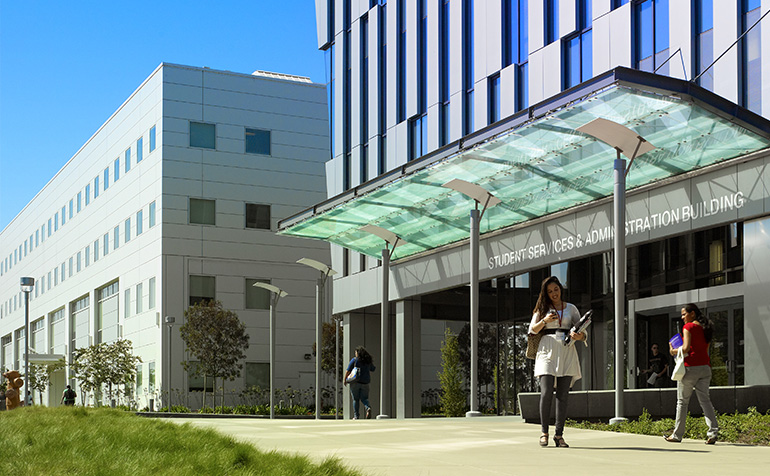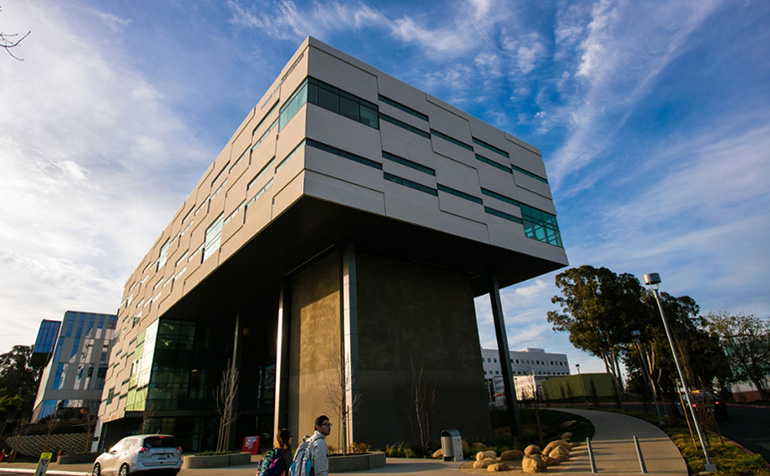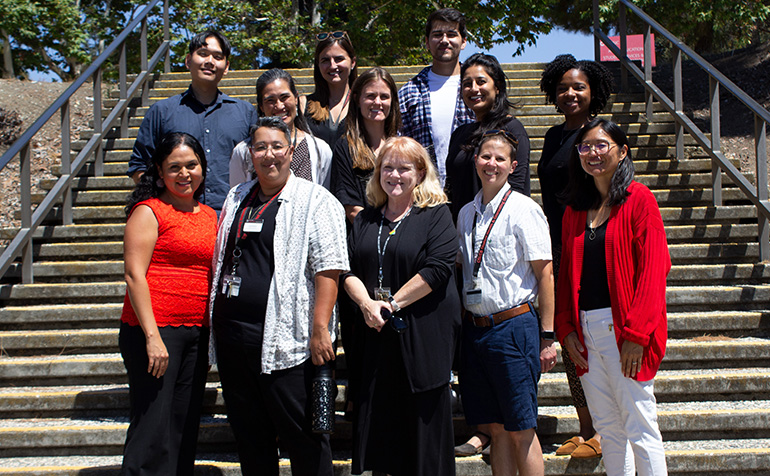IF YOU OR SOMEONE YOU KNOW HAS EXPERIENCED SEX DISCRIMINATION OR SEXUAL VIOLENCE
Contact the Title IX Coordinator, JoLani Hironaka, at jolani.hironaka@csueastbay.edu for resources and assistance.
The university's primary concern is the safety of its campus community members. We are committed to ensuring a safe working and learning environment.
Title IX protects students, educators, and school employees against all forms of sex or gender discrimination, including sexual harassment, sexual misconduct, sexual exploitation, dating and domestic violence, stalking, and retaliation. Students or staff experiencing discrimination based on sex or gender should contact campus Title IX Administrators.
Report an Incident »
More Reporting Options »
Support for Sexual and Interpersonal Violence »
Online Title IX Training for All Students
California State University, East Bay, is committed to providing all students with a safe and inclusive learning and working environment. To this end, we are requiring the completion of online training to ensure students understand their rights, University resources, and prevention efforts regarding sexual assault, dating violence, domestic violence, rape, and stalking.
Please check your CSU East Bay Horizon email account for a link or click below! Instructions on how to access the training and obtain a certificate of completion are also included in the links.
CSU Learn Login
Learner Quick Start Guide
How to Retrieve Completion Certificates









